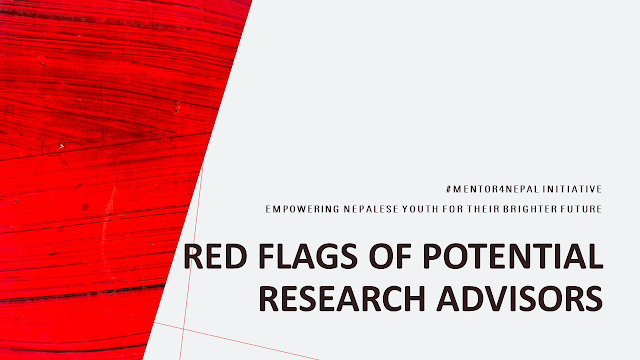Mentoring across generations
Mentoring across generations is a powerful tool that can help people of all ages learn and grow. When people from different generations come together, they can share their unique experiences and perspectives, which can lead to new insights and opportunities.
There are many benefits to mentoring across generations. For mentees, it can provide access to knowledge and experience that they might not otherwise have. Mentors can also provide guidance and support, which can be invaluable for mentees who are navigating new challenges. In addition, mentoring can help to build relationships and networks, which can be helpful for both mentors and mentees.
There are a few things to keep in mind when mentoring across generations. First, it is important to be respectful of the different experiences and perspectives of the other generation. Second, it is important to be open to learning from each other. Finally, it is important to be patient and understanding, as it may take some time to build trust and rapport.
Mentoring across generations can be a rewarding experience for both mentors and mentees. It can help people to learn and grow, build relationships, and make a positive impact on the world.
Here are some examples of successful mentoring relationships across generations:
- A young professional who is just starting out in their career might be paired with a more experienced professional who can provide guidance and support.
- A student might be paired with a teacher or professor who can help them to navigate their education and career goals.
- A new employee might be paired with a more experienced employee who can help them to learn the ropes and get settled into their new role.
Mentoring relationships can be formal or informal. Formal mentoring relationships are typically established through an organization or program, while informal mentoring relationships are developed on an individual basis.
There are many benefits to both formal and informal mentoring relationships. Formal mentoring relationships often provide more structure and support, while informal mentoring relationships can be more flexible and tailored to the needs of the individual participants.
If you are interested in finding a mentor, there are a few things you can do. First, talk to your friends, family, and colleagues to see if they know of any potential mentors. You can also search for mentoring programs online or in your local community.
Once you have found a few potential mentors, it is important to interview them to make sure that they are a good fit for you. Be sure to ask questions about their experience, their expectations for the relationship, and their availability.
Mentoring can be a rewarding experience for both mentors and mentees. If you are looking for a way to learn, grow, and make a positive impact on the world, consider finding a mentor today.
Here are some tips for making the most of your mentoring relationship:
- Be clear about your expectations. Before you start the relationship, be sure to discuss your expectations with your mentor. What do you hope to get out of the relationship? What are your mentor's expectations?
- Be open to feedback. One of the most valuable things you can get from a mentor is feedback. Be open to hearing what your mentor has to say, even if it is not what you want to hear.
- Be willing to give back. Mentoring is a two-way street. Be sure to give back to your mentor by sharing your own experiences and insights.
- Be patient. Building a strong mentoring relationship takes time. Be patient and persistent, and you will be rewarded with a valuable relationship.
#mentoring #mentoringacrossgenerations #generationalmentoring #mentoringtips #mentoringadvice #findamentor #beamentor #mentoringprograms #mentoringrelationships #formalmentoring #informalmentoring #benefitsofmentoring #howtofindamentor #howtomakethemostofmentoring #mentoringispowerful #mentoringcanhelpyougrow #mentoringcanhelpyousucceed #mentoringcanmakeadifference #M4N #Mentor4Nepal
Declaimer: This article was generated with the help of Bard, a large language model
from Google AI. Bard is still under development, and it is not able to generate
text that is completely accurate or error-free. The information in this article
is for general informational purposes only and should not be considered a
substitute for professional advice.
I, Tri Dev Acharya, do not make any representations or
warranties of any kind, express or implied, about the completeness, accuracy,
reliability, suitability, or availability of the information. Any reliance you
place on this information is strictly at your own risk. I will not be liable
for any loss or damage arising from the use of this article or any links
provided.




Comments
Post a Comment